Disclosure of Data Journalists for Polls:
The so-called “random samples” of public opinion are not random – No one checks the companies conducting the surveys
Where did the investigation lead us:
- – Platforms that act as “paid responder” tanks, collaborate with Greek pollsters – Who are they, what amounts do the “respondents” receive per survey, and the questions
- – The big difference in the polling guide issued by the Hellenic Association of Polling and Market Research Companies between 2019-2023
- – Auditors of polling companies for the reliability of their surveys are the polling companies themselves, through their cooperative body, the Hellenic Association of Polling and Market Research Companies – Simple observer the National Council for Radio and Television (NCRTV)
- – At 5,000 the cost of each poll for the parties, no obligation to post the amounts in “Diavgeia” or elsewhere – Revenues 100,000-200,000 euros per year for most polls – Who are their shareholders –
- – Angelos Seriatos (Prorata) to Data Journalists: “The crisis has dissolved the polling tools” – “The truth is that we have a problem in the samples” – “We lack access to the entire population so de facto there is no participation of everyone in the sample” – What he says about panels: “It is a practice that is being done” – “The possibility of some people participating in the surveys was established in exchange for some benefit, monetary or not”
- – The paradox and the polling fiasco in the presidential elections in Cyprus
- – Candidate executive in Cyprus: “Feasibility in the composition of questionnaires and the formulation of questions” – “There is an anti-systemic trend in polling behavior that “blurs” the findings”
- – Nikos Karachalios: “Cartels from directed companies” – “For the last seven years, polls have been systematically manipulated by their customers”
- – An executive with insider knowledge of the polls: “The results are a more political appraisal and less use of polling tools”
- – Nikos Kardoulas: “My method for answers from all ages” – “Pollsters do not find employees and young people”
by Vassilis Galoupis, Paris Karvounopoulos, Vangelis Triantis, Panos Katsachnias, Ioanna Stasinos
The impression that prevails in the vast majority is that polling companies in our country address questions about political developments by telephone by random sampling. Few people know that there are “professional respondents” to the polls. In other words, people who are paid to respond to such surveys.
The new trend in the field of Greek opinion polls is the “online panels”. These are platforms, usually based abroad, which gather a pool of ‘respondents’, who are available at any time to answer survey questionnaires for remuneration.
The procedure is official and legal, having been registered by ESOMAR, the European body of polling companies. That means that every recognized polling company can turn to one of the online panels and draw from their available “respondents” in order to conduct a survey. Respondents usually get from 1 to 4 euros for each questionnaire answer.
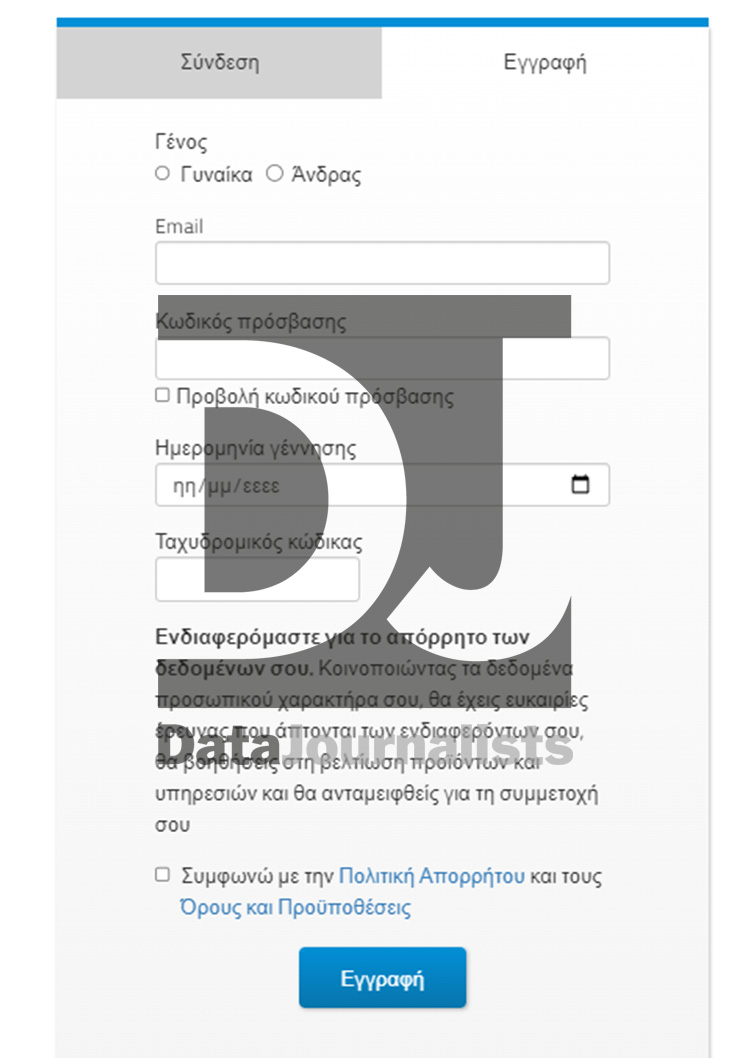
The polling “fiasco” in the first round of the presidential elections in Cyprus has brought back to the news, due to the upcoming parliamentary elections in Greece, the debate on the reliability of the polls. The in-depth research of data journalists attempts to answer questions that everyone has.
In SEDEA’s 2019 poll reading guide (the Greek Association of Polling and Market Research Companies), it is stated about the Sample and Quality that “any survey whose sample is representative of the population it investigates is a poll. The sum of the answers received, by telephone or electronic means, following an invitation addressed to a group of citizens, does not constitute the result of a poll.
On February 10, 2022, however, there was a substantial difference in the updated guide: “Watch what the sample represents. The sampling in the polls is done either through a random selection process of the respondents and/or through clearly defined panels. Any deviations of the final sample from basic characteristics of the population should be weighted retrospectively to ensure the final representativeness of the sample.”
The panels with the paid “respondents” were fully integrated into the polling game and with the approval of SEDEA, which followed the international trend.
However, questions about the number of active members of these tanks – platforms, about how many “respondents” can, even secretly, participate in many panels at the same time, and ultimately about whether there is effective control so that the same people do not answer again and again, are considered reasonable. What is certain is that these respondents are paid, something also unknown in the terminology of polls until a few years ago.
Currently, there are 23 regular members of the SEDEA, namely the polling companies ABACUS RESEARCH S.A., ALCO – MARKETING RESEARCH S.A., ALTERNATIVE A.R.S, DATA POWER S.A., DATA R.C., FOCUS BARI S.A., GLOBAL LINK, GPO S.A., IPSOS – OPINION S.A., KANTAR GREECE S.A., Kapa RESEARCH S.A., MARC S.A., METRON ANALYSIS S.A., MRB HELLAS S.A., NIELSEN CONSUMER Hellas sole shareholder S.A., PALMOS ANALYSIS, PRIME VIEW, PULSE RC, Q.E.D. Ltd., Rass CONSULTANCY SERVICES S.A., THE HELLENIC RESEARCH HOUSE, THE NIELSEN COMPANY (GREECE) sole shareholder S.A., THE RESEARCH HIVE S.A.
READ THE DATA: The shareholder composition of all polling companies in Greece, according to the official data of NCRTV
There are 4 more associate members, among them the OPINION POLL, while one is in the process of joining, ABOUT PEOPLE S.A.
What is also not widely known is who controls companies for the reliability of polling surveys. The answer is that by law the companies themselves through the Hellenic Association of Polling and Market Research Companies inspect… themselves!
As we can see from the amendment of the Articles of Association on 15.7.2020 of the “Audit and Public Opinion Surveys Company”, the meeting was attended by “one of the partners Association of Polling and Market Research Companies representing 97% of the share capital. Absent were the companies G. MAVRIS – PUBLIC ISSUE Ltd and DATA RESEARCH & CONSULTING S.A.”.
The purpose of the audit firm is “to audit, in accordance with Law 3603/2007 (Government Gazette A 188/8.8.2007), the reliability of the polls commissioned by public and wider public sector bodies, political parties or combinations as well as media companies”.
The role of the NCRTV is that of the observer. Only “if the Committee finds a violation of the scientific methods of market research of the International Code of Conduct for the Practice of Market Research and Social Research of ICC/ESOMAR and SEDEA, the Audit Survey Administrator shall forward the findings to the National Council for Radio and Television”.
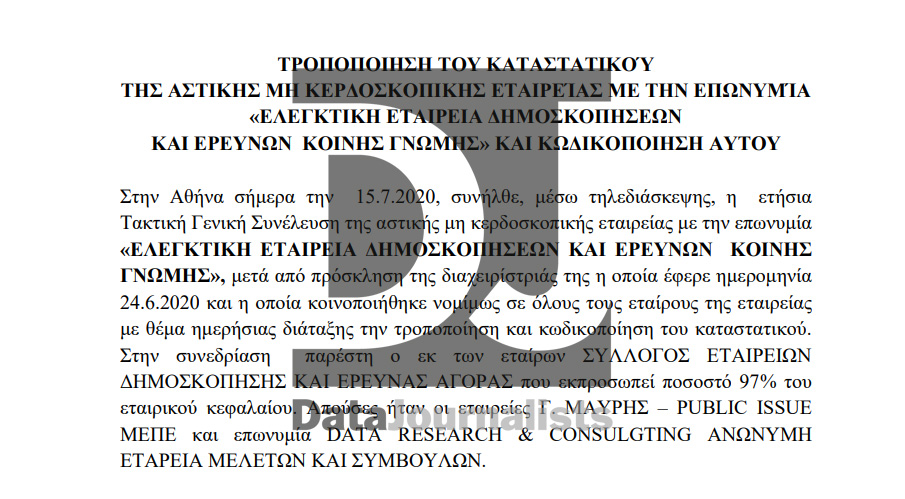
Another interesting parameter that we discovered with our research is that the revenues of companies that deal mainly with political polls are rather moderate, usually from 100,000-200,000 euros, with their net profits measured in a few thousand euros.
However, parties that “order” the polls are not required by law to post the amounts paid and contracts on “Diavgeia” or another public platform. In practice, the amounts remain unknown. From the polling companies, we were informed that the amounts are usually close to 5,000 euros for each political poll.
Data journalists attempted to get specific answers about how the polls were conducted, the methodology, the panels, and the control carried out in the surveys, but there was no response.
The wave of controversy over opinion polls began mainly in 2015, with the EU referendum. In a time when there were big failures abroad, especially in the US and Great Britain. Back then, on the eve of the referendum, Kapa Research’s poll gave 47.2% of respondents a “Yes” vote and only 33% a “No” vote, while Alco’s poll put a “Yes” vote at 57%.
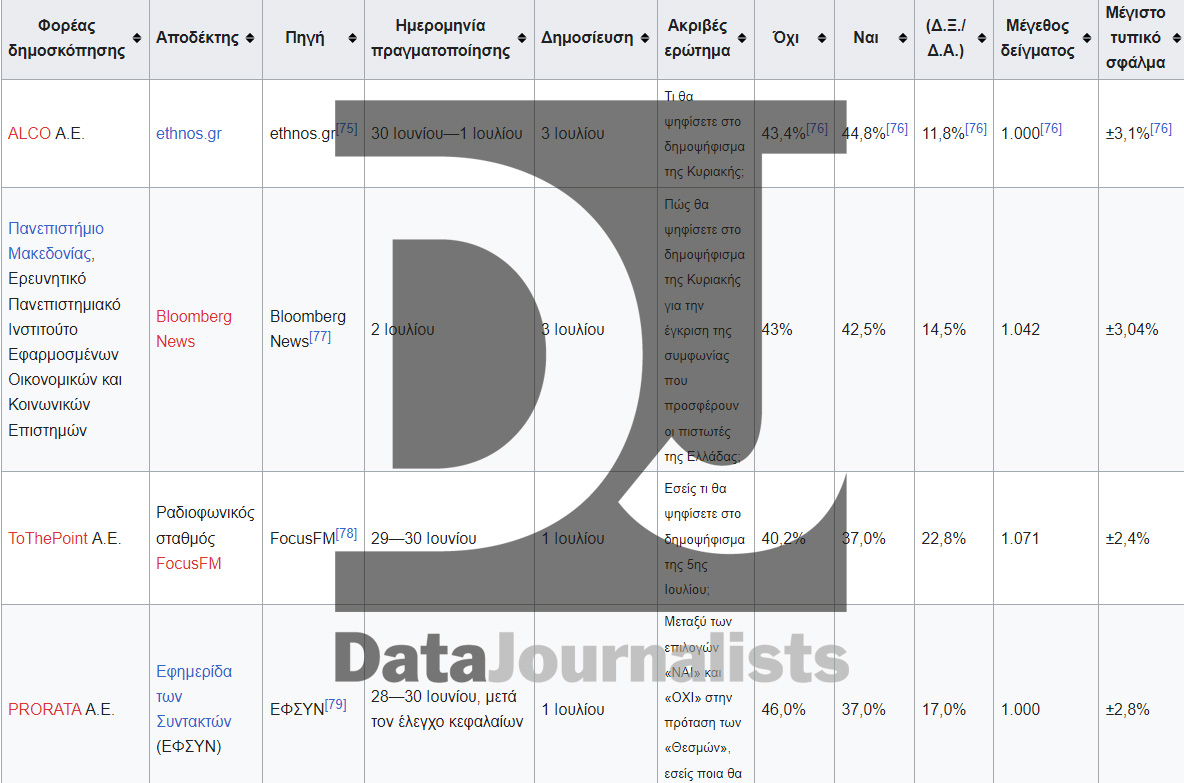
Nikos Karachalios, Strategy Advisor to the Presidents and Prime Ministers of the political party New Democracy, told data journalists: “Over the last seven years, opinion polls have been systematically manipulated by their clients. Failure in 2015 has nothing to do with the credibility of the companies, but that they went to throw the country over the rocks misleading. We would have to search their records to see the samples, especially the unweighted ones, that they were showing. Their self-interest would cost them not an election, but Greece’s exit from the EU. They almost threw the country into the rocks.”
Other executives talk about errors in the weighting of the findings, with companies not always revealing how they are getting a result.
With the public’s suspicion becoming more and more intense, the difficulties in finding a representative sample from all ages and social classes are given.
An insider who knows how to conduct polls told us: “The way we weigh the result today in the polls of 1,000 people corresponds, practically, to a sample of 500 people. To be representative, the sample should exceed 2,500-3,000 with this methodology. This means more political appreciation and less use of polling tools.”
According to information, there is now pressure from the government on the polling companies to conduct surveys that not only rely on calls to fixed phones but extend to mobile phones as well as online to be more representative. For example, landline phone calls involve more women answering.
On the issue of the reliability of the polls, a Committee of Inquiry has been set up in the Parliament, under the current government, and complaints often come to light.
Political and opinion pollsters claim that there is a separation of companies that publish political and commercial–consumer surveys. The latter to preserve their credibility and their highest cassette do not engage with political polls. “The business market doesn’t trust companies that do political research because they move around the state,” a political and opinion pollster told us.
Polls on “engaged respondents” – The “respondents” tank
Many of the companies, domestic or international, that conduct opinion polls and online market surveys utilize existing ones or create their own online panels of respondents with members from all over Greece and every demographic group of the population, as they characteristically report.
The purpose of the utilization of panels is, according to the companies themselves, to detect the trends and perceptions of the majority of the population by combining the speed and convenience they can offer.
By studying the conditions of participation in these online communities, we discovered that registration is not allowed for people who are involved in advertising, public relations, market research, marketing, or work in the media.
In addition, as noted on the platforms, it is equally prohibitive to have more than two members of the same family on the same online panels.
“Dedicated respondents”, as those who maintain accounts in these online communities are typically called, are rewarded by earning points corresponding to vouchers, gifts, and lottery tickets, while these points also correspond to specific amounts of money that can be redeemed.
The method of payment varies per online panel. However, according to most, each poll, depending on its duration, can give approximately 20-40 points to the respondents, which corresponds to an amount between 1-4 euros.
Every time someone responds to an online poll, they will earn points that correspond to specific amounts, which they can redeem.
Each member also receives an invitation to participate in polls that are tailored to their interests and experiences, while the number of polls they can participate in per month is specific and defined by the respective online panel.
One of the most well-known companies operating in the above industry is Cint. Specifically, Cint, based in Stockholm, is active in the field of software for digital information.
This platform automates the process of collecting information so that companies that work with it can access survey data more quickly.
As one can discover by visiting its website, it claims to host one of the largest consumer networks in the world for digital surveys with over 252 million participants in over 130 countries, one of which is our country, with over 493,000 members as advertised by the company.
Palmos Analysis is a company that also has its own online panel, the Palmos Analysis Research Panel, through which it invites citizens to take part in online polls, earning money for each questionnaire they fill out while at the same time collaborating with Cint.

Specifically, due to this collaboration, Palmos Analysis’s Research Panel members automatically become members of this large global team, the Cint platform. Another well-known polling company that conducts surveys utilizing online interviews drawn from the Cint panel weighing the final sample in terms of key demographic characteristics is MRB Hellas. MARC also refers to a panel in a February 2022 survey.
Companies such as Cint, which today are indicatively mentioned, as well as others in the specific field of panels, which are also usually based abroad, operate legally and are recognized by ESOMAR, the European member organization for market and public opinion researchers founded in 1947. This method of platforms with paid “respondents” is now accepted and used in Greece and abroad.
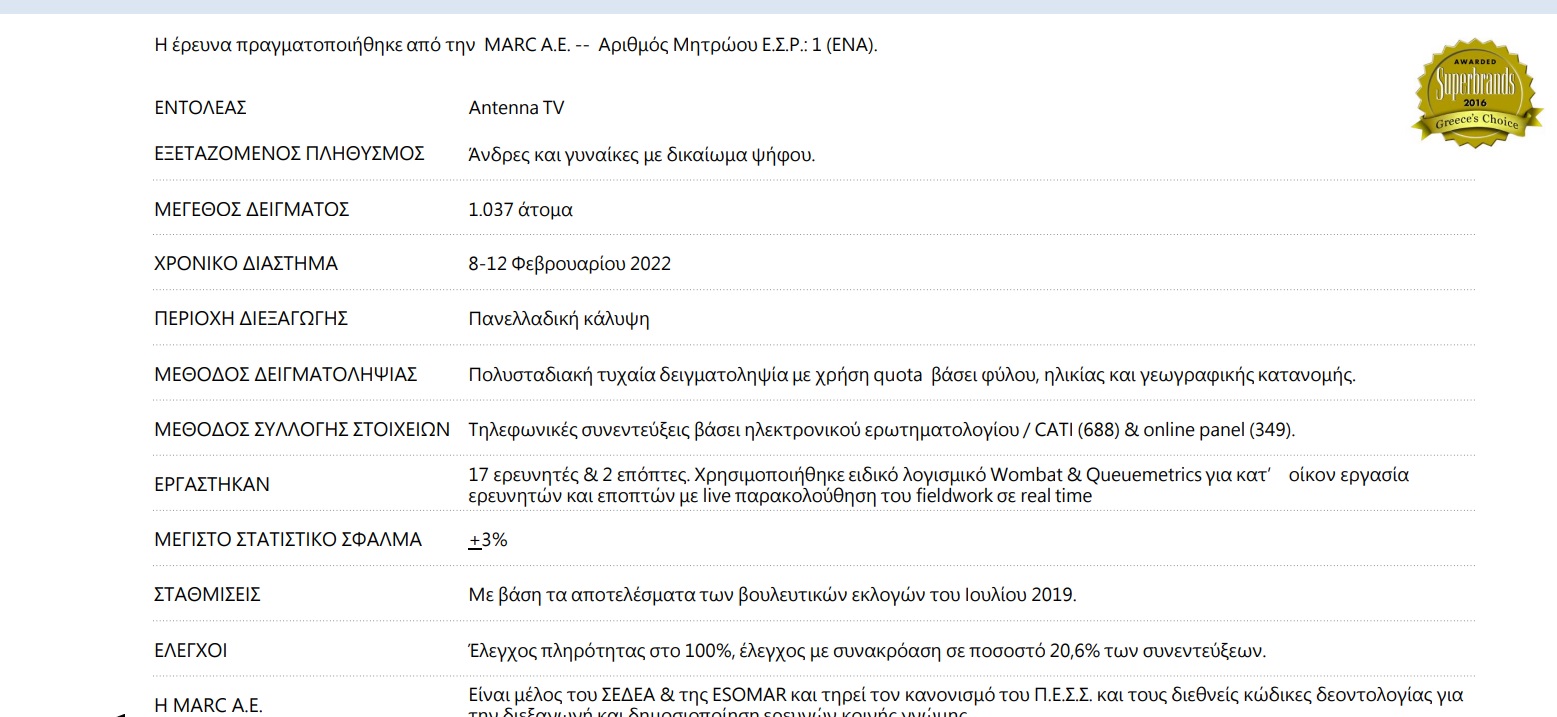
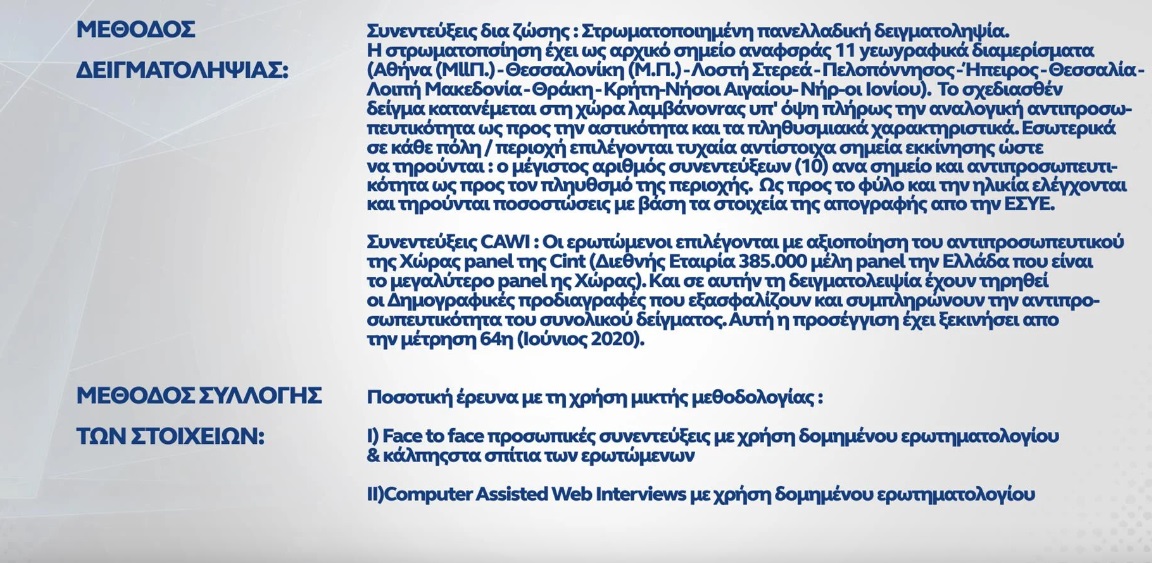
Contradictory answers
In a telephone conversation we made with two well-known polling companies we received interesting answers in relation to the way the surveys were conducted and the pool of respondents.
At the first polling company, a person working in secretarial support explained that the sample of people interviewed in the polls, whether they concern commercial products and surveys, or socio-political issues that arise, is random and based on a certain algorithm. The data of the respondents then remain on the bases of the company for a certain period of time as provided by law and then deleted.
The second polling company explained that depending on the age group they are addressed they use different methods. For the 18-44 age groups, special forms are mainly used that respondents fill out by promoting the questionnaires on social media and related websites.
Data for people over the age of 50 are quite different. In this case, participants are invited by phone.
It should be noted that the criteria according to which they are selected remain unclear. After the completion of the survey, the corresponding numbers are recorded in order to be called in case of a subsequent survey with a different subject.
The question that arises is whether and for how long on some platform the data of the called parties, thus creating an informal in this case platform of “available respondents”.
Angelos Seriatos (Prorata): The crisis has destroyed the polling “tools”
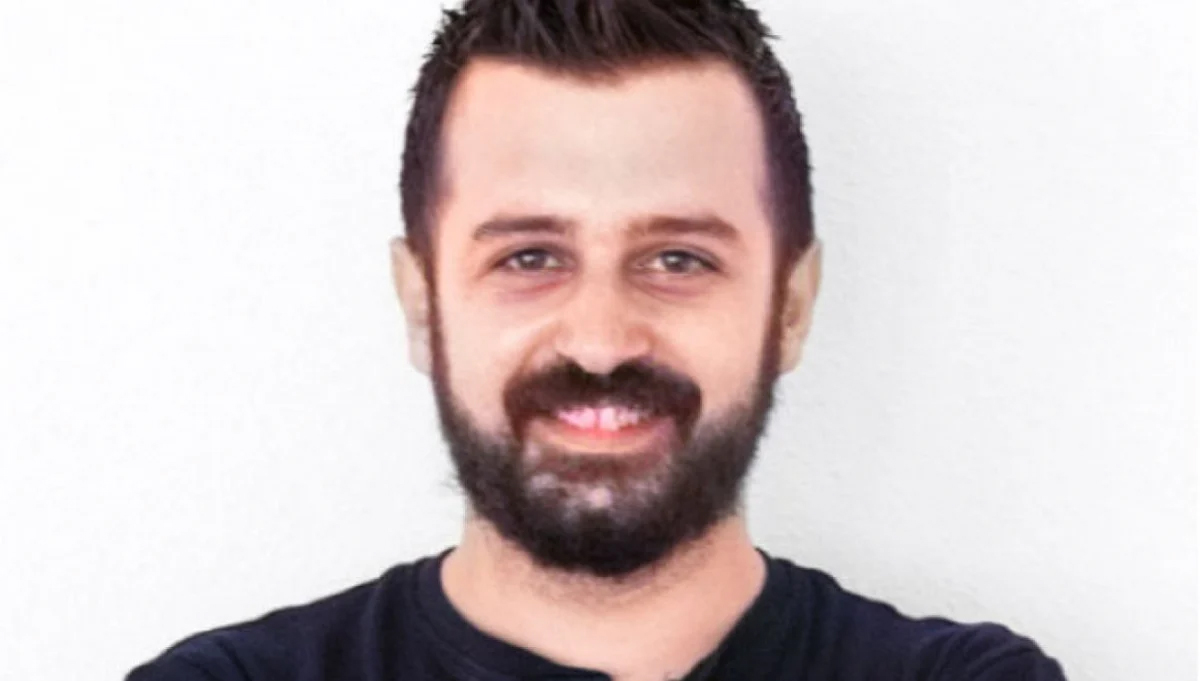
Data journalists contacted the head of scientific research of the polling company Prorata, Angelos Seriatos.
We asked Mr. Seriatos to explain to us the reasons why in recent years polling companies in Greece and abroad are unable to accurately predict the election results, as was the case, for example, in the 90s and 2000s. As he points out, all this began with the crisis of 2010 and then led to tectonic changes in the domestic political system.
For example, in 2015, both in successive elections and in the referendum, polling companies failed in their estimates. Many, especially Syriza voters, attribute this weakness to a “game” of polling companies in order to “hurt” the dynamics of Koumoundourou’s party at the time. What is the truth?
“Indeed, there has been a general inability to assess the outcome of the elections and the referendum in 2015. We, for example, saw a marginal victory of the “NO” vote in the referendum of the summer of 2015, but not the difference that finally came,” says Seriatos.
“At that time there was a crisis and that led to the dismantling of all the tools we had at our disposal. And when we say tools, we mean weighting based on the previous election vote.”
Indeed, since the change of government, there has been general stability in the country’s political system. The political parties New Democracy and Panhellenic Socialist Movement alternated in power usually after a two-four-year rule and the displacement of voters was not great. There were a certain number of voters, mainly of the center, who at times moved either to one or the other party.
But in 2010, things changed. The Memoranda and the economic, social, and political crises led to dramatic changes in the political scene. For example, the powerful Panhellenic Socialist Movement of 2009 was overcome in the 2012 elections by Syriza. From a party that traditionally recorded more than 40% electoral percentages, New Democracy reached the point of recording even less than 20% in the first elections in May 2012.
The emergence of new parties should also be added to this. Like, for example, the Independent Greeks or even extreme parties like Golden Dawn whose voters were not tracked in the polls. As a result, pollsters were unable to weigh in on what voters had voted for in the 2009 election. A new scene had been “born”, unpredictable one could say.
“Problematic Samples’ and Hidden Voters – What Happened in 2019
It wasn’t just 2015, however, that pollsters fell out of their estimates. Even in the 2019 national elections, the final result differed greatly from what was predicted three days before the July 7, 2019 elections.
On July 4, 2019, for example, the Public Issue predicted a difference of 15.5 points in favor of New Democracy over Syriza and in particular 42.5% for New Democracy and 27% for Syriza.
At 11.7 points, it predicted the difference between the two major parties and the latest Rass poll before the election for Action24. According to Rass, New Democracy received 39.4%, and Syriza 27.7%. The final election result proved that New Democracy received 39.8% and Syriza 31.6%.
“Polls predict results. The measurements record the intention to vote at that moment,” Seriatos told data journalists.
“There is about 15 percent of the electorate who even a week or two before the election have not decided what to vote for. In 2019, for example, 15% of the electorate decided literally over the ballot box. Syriza got a 5 percent share in the last week of the elections and New Democracy a 3 percent share,” Seriatos said.
Also one of the remarkable facts is the fact that left-wing voters more often hide their vote from pollsters. Some, for example, believe that companies are not objective, and some that they are controlled, which is reinforced by the failures of previous years.
“Left-wing voters are hiding their vote for their own reasons,” said Seriatos, who also said there were problems with the polls.
“The truth is that we have a problem with samples. To have a good sample, each member of the population should have the same possible inclusion as any other member of the population. This is something that is violated by telephone polls. Because not everyone has access,” says Seriatos.
The truth is that for cost reasons companies conduct the polls by phone and not door-to-door. This, however, creates a de facto problem in the sample and therefore in the results of the poll.
For example, among younger generations, most do not use landlines as opposed to ages 65+. The younger generations also use the internet for the most part. Something older generations don’t do.
“Although the internet increases permeation, we lack access to the entire population, so there is de facto no participation of everyone in the sample,” says Seriatos, who also points out that there is always a margin of statistical error in the polls, while he argues that “repeating the measurements gives the average truth”.
Seriatos on panels: “It is a practice that is being done” – “The possibility of someone participating in the surveys was established in exchange for some benefit, monetary or not”
Regarding the polls and the use of panels, Seriatos points out that this is a practice used abroad and is even “a guideline to polling companies from the International Association of Research and Polling Companies (ESOMAR)”. This need arose from the fact that many now not only in Greece but also abroad do not participate in the polls. For this reason, the possibility was introduced for some people to participate in the surveys in exchange for some benefit, monetary or not.
“We have the same problem with participation. That is why this incentive is given not with money but with some benefit. It is a practice that is done. We have the largest panel and specifications of all companies. It is a widespread practice,” says Seriatos.
In this context, the company has developed the largest and internationally recognized online panel with thousands of active members, having the ability to quickly and accurately detect the attitudes and perceptions not only of the general population but also of particular common interest.
Nikos Karachalios: Political life is a polling jungle – There are surveys that are not done but they announce… findings – Cartels from directed companies – Syriza voters hide their intentions
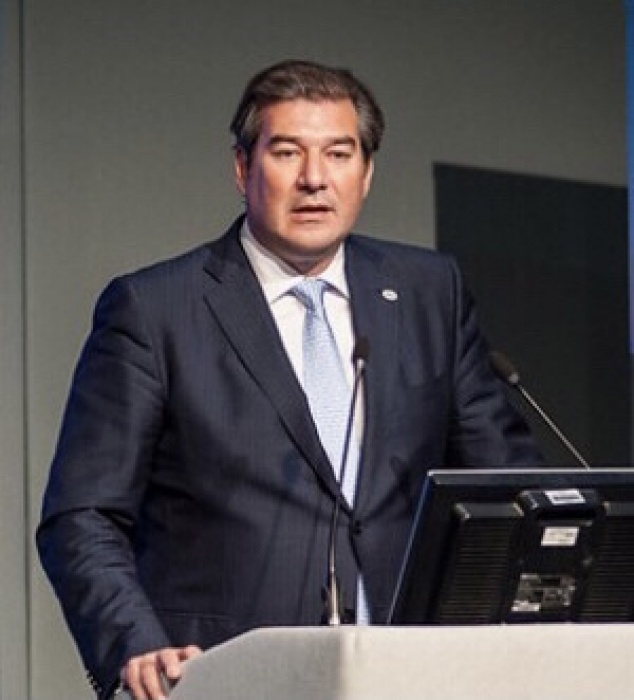
“In Greece, the political arena, which has always been a bit third world, has become a jungle of opinion polls. In my opinion, there is a triple categorization with the investigations that are made public. One category is more than obvious that are investigations that are not done,” he told data journalists from Scotland where Nikos Karachalios is located, for many years Strategy Advisor to former Prime Minister and President of New Democracy Kostas Karamanlis, as well as later presidents Antonis Samaras and Vangelis Meimarakis.
Mr. Karachalios, who has also served as president of the Center for Political Research and Communication (2000-2004), says, among other things:
“There are surveys ordered by Maximou and they are made in the offices of companies without observing any scientific standard. If you compare the results of these companies over time, you will understand that they stand not only politically, but even statistically.”
- “The second category is that of companies that have been left behind methodologically and fail to weaknesses in compiling the right sample. They don’t get the right results.”
- “And the third is something between the two. That is, they are politically driven companies, they have done a kind of cartel, and they play the role of good and evil, all pro-government. With a few exceptions such as the company of Mr. Mavros or pollsters such as Giannis Mavris who has now retired. Most of them either don’t do any research at all or have entered into this game.”
- “If it is not investigated quickly what is happening we will go blind in the elections and the prime minister himself who finances it will be surprised.”
- “Methodologies are outdated. I’m not just talking about the younger generation of voters who are not easy to get on the phone. There is systematic concealment from Syriza voters because for many years its leadership has denounced the polls.
- “New Democracy voters participate because they are older, so there is an over-representation that gives the pollsters the alibi to give these huge differences.”
- “Polls are not everything. In England a government stands and does its job with a difference of -25 points from the opposition. Could this ever happen in Greece? No”.
- “I can’t if I do an investigation to keep your profile on file and use it. It remains in the archive only in case of a check, which of course is not done in Greece, so you can prove that you have made the right phone calls.”
See the full interview that Nikos Karachalios gave to Data Journalists:
What happened in Cyprus
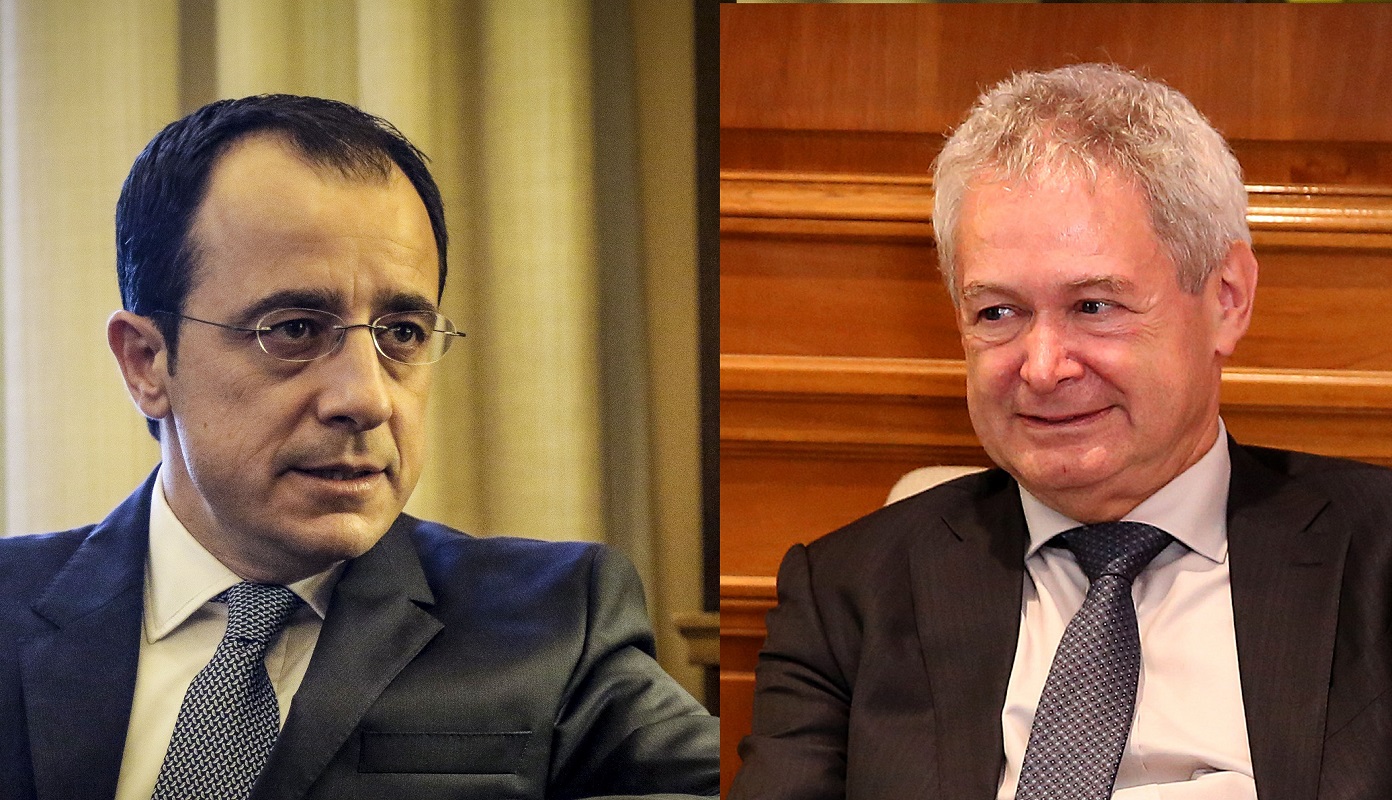
Opinion polls on the presidential election in Cyprus, according to the results of the first round of Sunday, February 5, 2023, rekindled a public debate that has been open for several years now, related to the reliability or not of the polls that see the light of day.
The almost 12 points lower, polls for the candidacy of Andreas Mavroyiannis, than what finally got as a percentage from the ballot box, passing in the second round with a much smaller difference than the first Nikos Christodoulides, combined with the fact that in Greece we are in an election year, were able to urgently restore the question of whether there are expediencies, ignorance or mistakes behind the findings and analyses of polling companies.
In the first round, Nikos Christodoulides received 32.04% and Andreas Mavraganis 29.6%. However, Symmetron Market gave Andreas Mavroyiannis 24.5%, CYMAR 18%, Prime Consulting Ltd 22% and CMRC Cypronetwork 28%.
On the contrary, if one looks at the exit polls and through the example of the recent elections in Cyprus, one will notice that they have ascertained the final result with impressive accuracy. In both polls and exit polls, there is the so-called “margin of divergence”, which does not exist as many may think to “hold back” pollsters.
For example, “the two candidates are tied, but there is a plus/minus 2.5% discrepancy, so if one moves to the upper limit and the other moves to the lower or middle, here is the difference of 3.5 points that arose,” a candidate executive in the Cyprus elections tells us.
The discrepancy between plus and minus, even in exit polls, is scientifically justified by the fact that it is spontaneous to turn out voters to record their opinion in a ballot box. Basically, voters come with absolute conviction, as well as those who believe in the success of the ballot they cast. So the plus/minus used by pollsters results from an analysis of other answers voters have already given.
Such as “when did you form an opinion, whether you decided in the last week, yesterday, or today, whether you chose the candidate or party you want, or made a strategic choice to empower someone so that no one else gets through the second round”.
In the findings of the electoral process in Cyprus, the paradox emerges – interpreted by the candidate who spoke to data journalists – that the candidate of AKEL (Progressive Party of Working People) has a much higher than average performance in some urban areas of Nicosia which in very high percentages are politically right-wing. This is also attributed to the findings of the exit polls in an effort to combine the first candidate Mr. Christodoulides in order to strengthen the candidacy of Mr. Mavroyiannis and therefore to exclude from the second round the candidacy of Averof Neophytos.
In polling surveys, it is difficult to capture the dynamics of a candidate or a party in the “grey areas” of the electorate.
This was the case in Greece – as it is today in Cyprus – in the parliamentary elections of April 2000. Then, PASOK increased its share by 2.3 points compared to the 1996 elections, which it had also won. It is the only case in the electoral annals of our post-dictatorship life, where a governmental party after the end of its term, raises its percentage in the next election.
Both in the polls and even in the exit polls of those elections, this possibility could not be recorded. This is because the voters in the elections of 1996, 40% had voted for the “Democratic Social Movement” (DIKKI) of Dimitris Tsovolas and 40%-50% for the Coalition of Mr. Nikos Konstantopoulos, 2000 who voted for PASOK, to the question “what did you vote for in 1996?” they hid the reality, stating that they had preferred PASOK.
And this happened because they felt that they were participating in a battle for electoral dominance, as part of one of the two poles and that they had to show this. A prevalence that was finally achieved for PASOK for the third consecutive time, with a marginal difference of 1.05% in his favor. Managing at the same time to achieve rallying, which compared to the previous elections, was recorded by polling analysts’ exit polls at an unimaginable rate of 110%!
This forced analysts – led by Elias Nikolakopoulos – to search the remaining answers of voters to find that some were not telling the truth, in order to correctly capture the electoral and polling data. It is worth noting that nine months earlier there had been European elections, with New Democracy winning them by three points from PASOK.
New leaders, as well as new formations, which may be new parties or new electoral fronts, objectively hamper the polls. A typical example of this is the polling behavior of DIMAR in the eight months before the May 2012 elections, with the estimate of the intention to vote to reach 21%.
The second example is the first month since Alexis Tsipras became Syriza’s leader in early 2009, in the wake of the events that followed the assassination of Alexis Grigoropoulos, where he displays a polling boom in his estimate of 25 percent voting intentions.
Depending on the general situation of devaluation of the political system, rejection of the old or extraordinary events that leave a serious imprint on public opinion, is usually expressed in a poll.
“Overall, however, it is in the last 20 years that the data has changed, negatively affecting the results of global opinion polls. The degree of difficulty pollsters have in identifying trends in public opinion with the accuracy of the 1980s and 1990s is due to the fact that significant parts of the electorate are distancing themselves from the political system, the media system, and the polls because they are considered by much of the public to be servants of these two. Therefore, a large percentage of the electorate refuse to take part in polls or play with polls “muddying the waters” because they consider them part of a “rigged game”, points out the executive of the candidate who wishes to remain anonymous, and adds:
“So we have a lot of different segments of the population that have an anti-systemic behavior. Either this may be due to over-demanding and deeply politicized citizens, who seek bold proposals from the parties, not to compromise in the name of inclusiveness and because they are generally strict in their criticism. In other words, left-wing inspiring voters behave anti-systemically in their polling behavior.
Either by a part that resists the polling-social system or that is basically voters who are eventually led to the extreme right and beyond. They are both out of the system and although their social, political, and aesthetic behaviors are completely different, they eventually create serious problems for pollsters.”
He points out that the “distance” from the correct polling and analysis created by these departments did not exist in the 1980s and 1990s. Either because there was an identification with political leaders at the time, or because the network of political actions and collectives around the traditional Left was stronger, or because it had not participated in “Co-governments” until then, the political behavior of ultra-demanding voters with references to the Left was much more predictable than it has been in the last 20 years.
In reading and understanding the polls, an important role is played by a knowledge deficit that has the majority of political leaders who look and care about how many votes they get. While the usefulness of the polls lies in how many votes they do not get and why this is the case.
Apart from the objective conditions that can affect a polling survey, it is also a fact that companies, mainly through the compilation of questionnaires, can direct the respondents to the “desired” answers each time.
There is a category of questions in opinion polls where it is obvious that the burden is on the question because it dictates the answer. A classic example of this is the question of “suitability for prime minister”, since outside the first and second parties, the leaders of the other parties are excluded.
Also, when a list of issues is asked to prioritize only the “most important” of them, the “right” to draw conclusions is given: “People are not interested in eavesdropping, since the first issue that concerns them is accuracy.” This is wrong because it doesn’t mean that the rest of the issues don’t concern the world.
The composition of a questionnaire may also conceal the feasibility, as well as the way, of course, the question will be formulated, says the executive: “The tactic on the part of parties and polling companies to do surveys “every three and a half starting, for example, from the first, second, third month of the election result, to ask: “Who is better suited to be prime minister?” or “If you voted today, what would you vote for?”, has made the world suspicious of them since they believe that they are obviously being done for their manipulation. Constantly exaggerating the part of the population that refuses to answer.”
Every polling company that is a member of the Association of Polling and Market Research Companies (SEDEA), submits the survey data to the National Council for Radio and Television (NCRTV) by which it is controlled. Survey data are also uploaded to Diavgeia, so that they are fully accessible and “open” to competition.
It states the number of the sample, while the age of each survey should reflect the age composition of the electorate, representative samples from the whole territory, as well as through a series of commonly accepted methods, selects a randomization parameter of the sample. Anything else violates obvious rules for which companies are accountable.
The polling companies Pulse, Metron Analysis, and MRB constantly monitor developments in the sector in Europe and America and follow them, always depending on their economic potential and the size of the Greek market.
Communication Consultant in Cyprus: “Voters received “message” for “invading” Christodoulides”
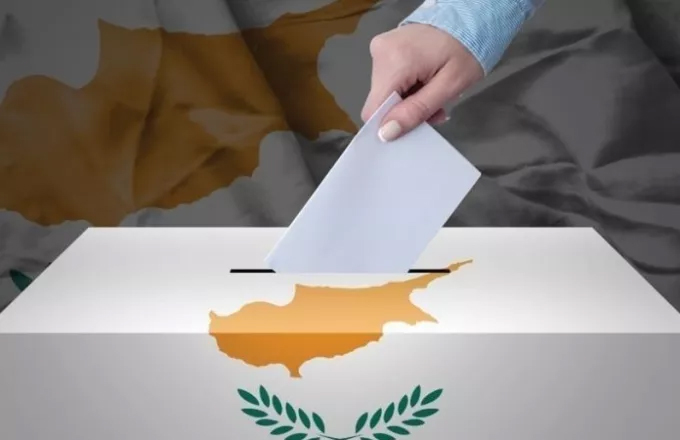
All the polls in Cyprus for the first round of the presidential election gave an 8 – 10 points difference between Nikos Christodoulides from the second. To end up after the first round on Sunday, February 5, to reach three. “This big lead aimed to consciously influence the voters, showing a “marching” Christodoulides to sweep everything in his electoral passage,” tells Data Journalists, a communications consultant in Cyprus, who wanted to remain anonymous, adding:
“There were also polls in Cyprus even 12 points less for the supported by AKEL, Andreas Mavroyiannis, than those he eventually received as a percentage from the ballot box, passing to the second round. About 20 years ago, polls were always falling in. After the year 2000, this era has passed irreversibly, with pollsters also affected by the political and economic changes of the last 20 years.
Now, he notes, the “protest” also includes the fact that respondents, feeling increasingly that they are experiencing a deadlock in relation to the party system and a disappointment from the respective governments, either do not answer or deliberately lie in order to mislead researchers.
Given the decline in people’s response to answering phone surveys and the fact that in-person searches, outside the street, the “door-to-door”, tend to disappear, modern practice is the purchase of data from companies on the internet. Because these companies are now able with the huge amount of data they record daily, to provide much more data and information, each time relevant to the subject of the research. This is a practice that has been practiced internationally for almost a decade.
Challenges
With polling companies being asked over time whether they can survive economically while operating independently of the system in which they are located and with the potential to influence political developments to a very large extent, the challenges are great.
In a market where the undertaking of even commercial investigations passes through relations with the parties, the priority of their economic survival acquires other qualitative characteristics.
In other words, they take care to acquire a public image through their involvement in political and electoral surveys and are subsequently preferred by the market for the commissioning of commercial surveys. Therefore, the connection between polling companies and the market is made in many ways.”
In fact, there are cases where polling companies, in their effort to maintain their party relations, serve more survival strategies and reap great economic benefits, rather than strictly polling tactics.
Such as expressing in a poll the results they would like to be verified, that is, their “wishful thinking”. Or the samples they choose may not be as representative. Either they want to “caress the ears” of a candidate or a party/combination of candidates, so that initially, in order to win him as a client, in the process, to get a job back from him, or because after a possible electoral success, the contracts that will be awarded to them, ensure their financial strength for many, many years. Under no circumstances can one know all the parameters and cannot exclude anything.”
The fact is, however, that such choices seriously affect in the eyes of public opinion the prestige of polling companies. And so a perpetual conflict persists within them, between the primary need for their economic survival – playing within the framework of the rules of a perfectly defined political-economic system – and the also structural priority of “building” a good name, safeguarding their indisputable credibility.
Clean boundaries
There are cases where the very context of an electoral poll is deliberately “blurred'”. And this “blur” is like a tango: it takes two. And the candidate, person, or party, and the polling company with which they will work. Who will trust you, why will they trust you, and how sincere the company’s relationship with its client can be. They are many, but they all have a common denominator: the synergies or interweaving according to others, between the political/party and the economic/business establishment.
And this is shown by the cases of assignments in which the one who actually orders the electoral poll does not appear, as its payment may come from another source. After all, in an election, there are also many donors to the parties.
The whole “mix” of approaching and conducting an election investigation plays a decisive role in its outcome and the drawing of safe conclusions: The sample of the public (targeting, age, geography, financial situation, education) is one of the most important things that a Communication Consultant chooses to do his research correctly. The questionnaire, how questions will be asked, and whether they will be unbiased or biased. In reality, there are always “second thoughts”, routings, and differentiations behind the first choices.
Nikos Kardoulas: “My method for answers from all ages
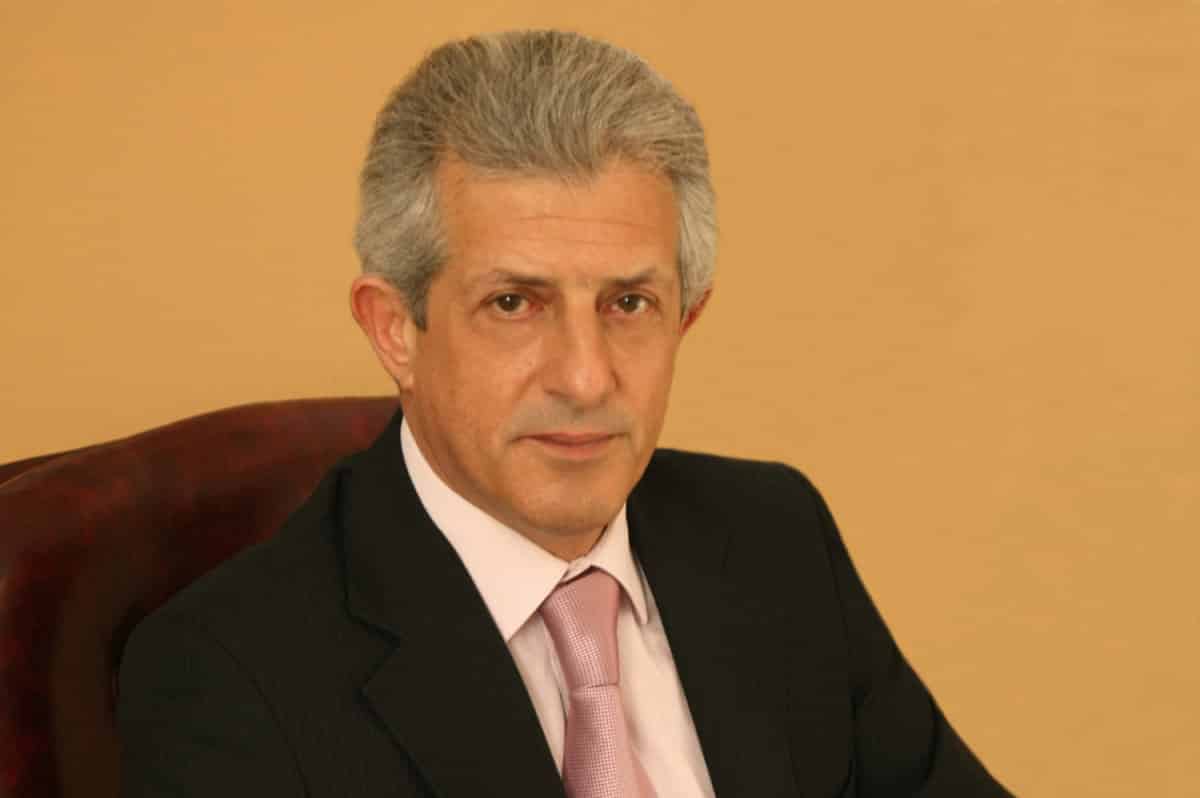
Nikos Kardoulas is considered a “hobbyist” pollster who, however, has been exposed many times to the professionals of the field. The “hobbyist” has started a series of successful predictions since the election of the president of New Democracy when he had predicted the election of Mitsotakis, but also the results of the elections of 2015 and 2019.
Mr. Nikos Kardoulas is a Rural Surveying Engineer of the NTUA, MSc in England, a former professor at the University of Thessaly, and a colonel of the National Technical University of Athens. For years he has been systematically dealing with polls, in recent years he has begun to publish them. What is he doing? He simply has not stayed in the era of the “landline” and uses social media. It is a simple method that he explains.
Speaking to Data Journalists, Mr. Kardoulas points out, among other things
- “Pollsters mainly use the landline phone. People under the age of 50 are usually not at home or picking up or answering.”
- “My method is based on two things. First, in the last two weeks before the election I take all the polls, I take the average, but I look at what they had predicted in the previous election and with what error, and I correct the results according to that error. Second, I do a sponsored Facebook survey paid for by me, since it’s a hobby. This is where all ages are allocated correctly and in the end, I combine these results with the polls I have done to correct the errors. And they are always right. As in the elections of 2015, the internal party elections of New Democracy, and the elections of 2019.
- “I have been involved in statistical analyses for 30 years, but because of my profession since 2015 I started publishing them. Everything I have published is with 95% accuracy. ”
- “On social media, you need smart questions and only four. The polling companies, when they call you on the landline, they occupy you for half an hour. All ages are represented on social media. Those who answer the landline are over 50 years old and retired. They cannot find employed, and young people. The young people who will now vote for the first time, which company will “reach” them?”.
See below the full interview he gave us:
Νέα δημοσκόπηση σήμερα ,δημοσκόπηση εκλογές ,Κρυφή δημοσκόπηση , Διαδικτυακή δημοσκόπηση τώρα , Νέα δημοσκόπηση , Τελευταία δημοσκόπηση ΝΔ ΣΥΡΙΖΑ ,
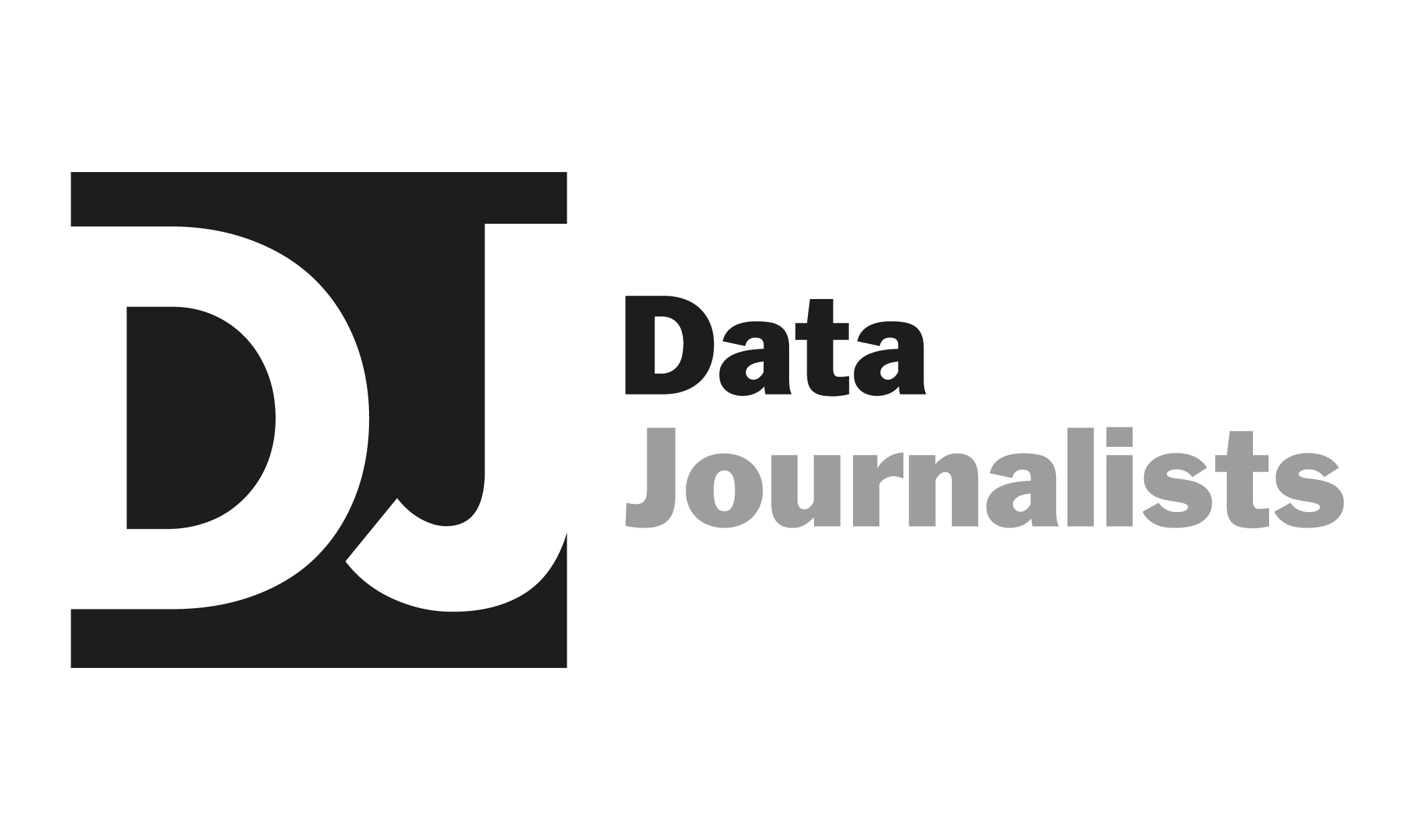






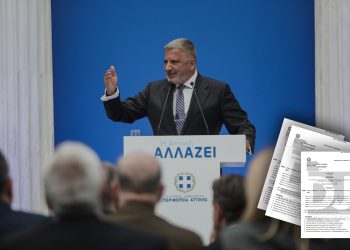

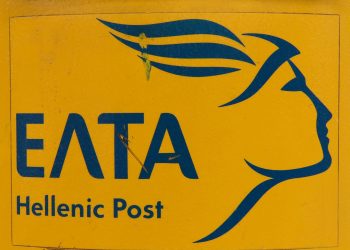
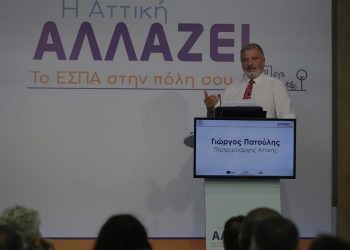



Discussion about this post